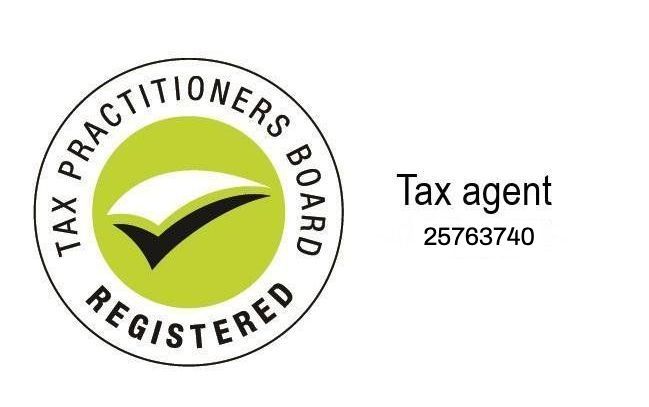How a PSI Slip-Up Nearly Cost Me My Medical Practice
How a PSI Slip-Up Nearly Cost Me My Practice — and What I Learned
By Dr. Emma Harris, practising specialist (with taxation advice from Samios Partners, Sydney)
A few years ago I had a wake‑up call that I’d like to spare other clinicians. A colleague was audited by the ATO and it quickly became clear the trigger was how they treated income from patient care. Watching that play out taught me more about Personal Services Income (PSI) than any textbook ever did — and why every doctor should take it seriously.

What is PSI — in plain terms?
PSI is money you earn mainly from your own skills, time and effort. For most of us, that’s the fees we get for consultations, procedures and ongoing patient care. The tax rules don’t care whether that income is paid to you personally or routed through a company, trust or partnership — if the service is essentially “you”, the income is treated as your personal income under the PSI rules.
A simple example that hit home
Think of a specialist earning $500,000 a year from clinical work. Even if those fees are collected by a medical company, the ATO may treat the income as attributable to the individual clinician if it’s clearly derived from their personal exertion. You can’t simply shelter it in a company to access a lower tax rate or distribute it to family members without meeting the strict tests — the ATO will look closely and can impose penalties where arrangements are artificial.
Common questions I get from colleagues
If I invoice through a company or trust, can I split the fees?
No. The ATO looks at the substance, not the label. If the income flows from your personal services, it’s PSI and is usually attributed to you. Being a “personal services business” (PSB) doesn’t give you a free pass to divert income to family members, that’s a misconception that often leads to trouble.
I work at several clinics — does that let me treat income differently?
No. Multiple employers or clinics don’t change the core issue. If the income arises from your personal effort, it remains PSI.
Can I legitimately pay my spouse a wage and super?
Yes — but only when the spouse genuinely performs necessary work at a market rate and the arrangement meets the relevant tests (for example, a results test where applicable: being paid to deliver a specific result, supplying any required equipment, and accepting responsibility to fix errors at their cost). Where those conditions are satisfied, wages are tax‑deductible and you can make superannuation contributions on their behalf within concessional caps (for example, $30,000 for 2025). If the spouse isn’t actually doing the work, the payments risk being treated as tax avoidance.
Will a company structure protect me from professional claims?
No. Incorporating has commercial advantages, but it offers limited protection from malpractice or negligence claims. Professional indemnity insurance and considered asset structuring (for example, holding non‑practice assets in a low‑risk spouse’s name where appropriate) are more effective risk mitigants than relying on company shields.
Practical steps I recommend
- Don’t assume your neighbour’s arrangement is right for you; the ATO assesses facts, not comparisons.
- Get an independent review of your structure and income flows — ideally from advisers experienced with medical practices.
- Ensure any family payments reflect real work at market rates and are properly documented.
- Maintain appropriate professional indemnity cover and consider asset protection strategies that suit your personal risk profile.
If you’d like a second opinion or a structure review, Samios Partners in Sydney have worked with many practitioners and can help identify PSI risks and practical fixes. Don’t wait until an audit — a short review can save a lot of stress and cost down the track.
Disclaimer: The information provided on this website is for general informational purposes only. Hamilton Brown Partners assumes no responsibility for errors or omissions in the content or for any actions taken based on the information provided. Always speak to us or another registered professional before acting on any information read on this website.












